I think it’s important that I clarify something.
It may be entirely possible for a person to have some limitations which will prevent them from being able to play fast. Whatever the origin of these perceived limitations may be is usually nebulous, but there are disorders affecting fine motor control and I would have to concede that they would limit a person’s ability to play fast.
However, most guitar players who complain about a lack of speed have not been diagnosed with any such disorder by a medical professional. Instead, they have built the narrative in their mind that there is something “wrong” with them, despite demonstrating more than sufficient movement speeds in tests.
Further, the existence of people with unusual difficulties is not evidence that players such as Shawn Lane are unusually advantaged or posess “freakish” nervous systems.
In my experience working with people, that would be more than unusually slow. Are you sure you mean quarter notes? One note per beat at 180bpm is 3 notes per second. I’ve worked with a lot of people since starting teaching and I have never met anybody with a movement speed that low. Do you mean 16ths notes (i.e. four notes per beat)?
Please, try this spacebar tapping test. Don’t think guitar, don’t think music, don’t think about keeping even time. Just mash the spacebar as fast as you can for 10 seconds. Try the test 4-5 times and share your results.
If you have the necessary movement speed, the issue is your ability to apply it to the guitar. Maybe you can’t do it, but until you learn how to do something, the possibility that you just haven’t learned how to do it yet still exists.
Your decision that you can’t do it is what eliminates any chance of you realizing that possibility.
It’s not my intention to insult you, but I have worked with players who’ve struggled for similar amounts of time and helped them to achieve results.
I’ve said this to you before, but it really seems to me that you’re catastrophizing. You demonstrated far more than sufficient movement speeds in tests, and you had some clear issues with fretting posture and mechanics.
Correct me if I’m misremembering, but you’ve been playing about four years now?
I don’t think there is no talent involved, or that it is only a matter of practice. I think it’s far more likely that the difficulties people experience are often due to ineffective learning strageties and inefficient practice patterns. It’s not usually an issue of not practicing hard enough, if anything “practicing hard” is an issue in itself.
I’d like to make it very clear to you that I share a profound understanding of this experience.
I think this gets to the core of the issue. We teach technique as a collection of mechanics and idealized movement patterns. We frame practice as the process of learning to perform those movements and repeating them.
Many people think they have issues with guitar technique, but really, they have issues with their “sense of guitar”. We don’t talk about the process of developing sensitivity or building intuition, though these are huge aspects of skill aquisition.

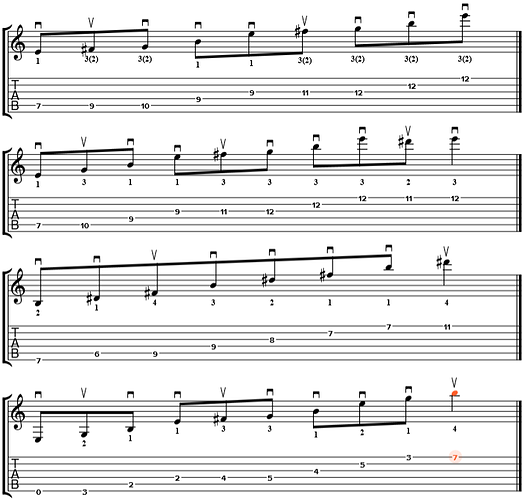


 ) And I can play pretty quick/not too horribly so I’d think y’all are several steps ahead of where I am at picking wise? I spent quite a bit of time playing percussive muted rhythms with the RH only and it exploded through my playing. Odd NPS requires either DBX or a legato or hybrid picked escape hatch or sweepie sweepie moves… There’s swiping also, but it’s too soon still for me to talk about swiping hahaha
) And I can play pretty quick/not too horribly so I’d think y’all are several steps ahead of where I am at picking wise? I spent quite a bit of time playing percussive muted rhythms with the RH only and it exploded through my playing. Odd NPS requires either DBX or a legato or hybrid picked escape hatch or sweepie sweepie moves… There’s swiping also, but it’s too soon still for me to talk about swiping hahaha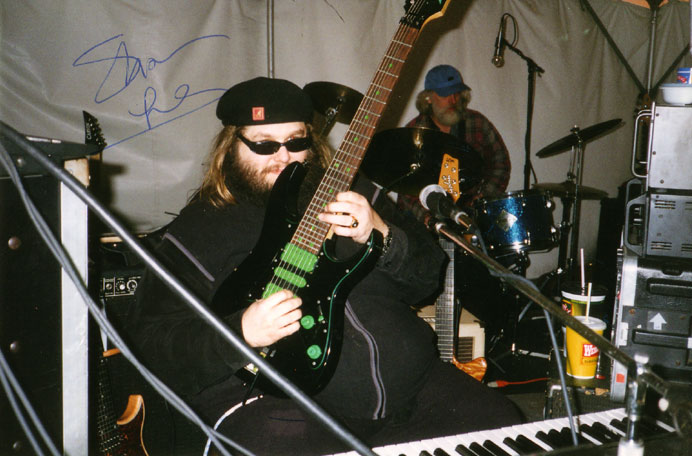
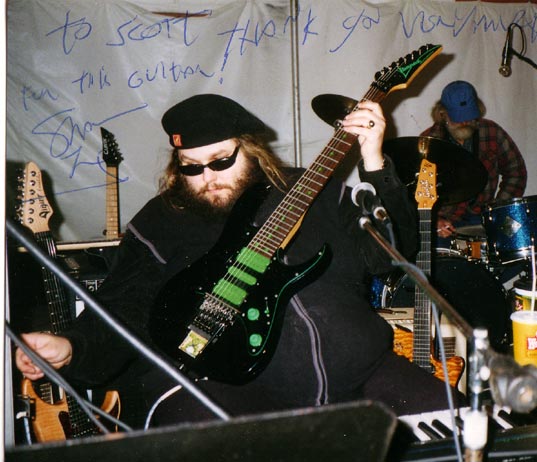
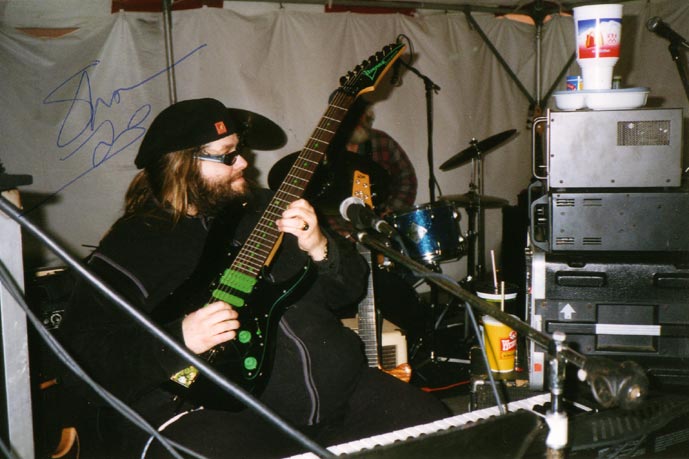
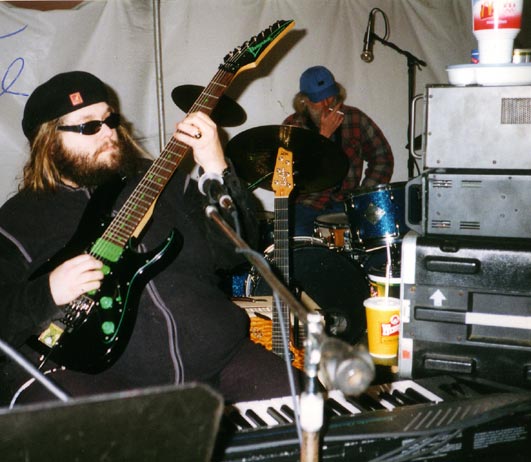
 Got a little story on it?
Got a little story on it?

 like rusty cooley heh! i was never a blanka or chun li player in street fighter.
like rusty cooley heh! i was never a blanka or chun li player in street fighter.